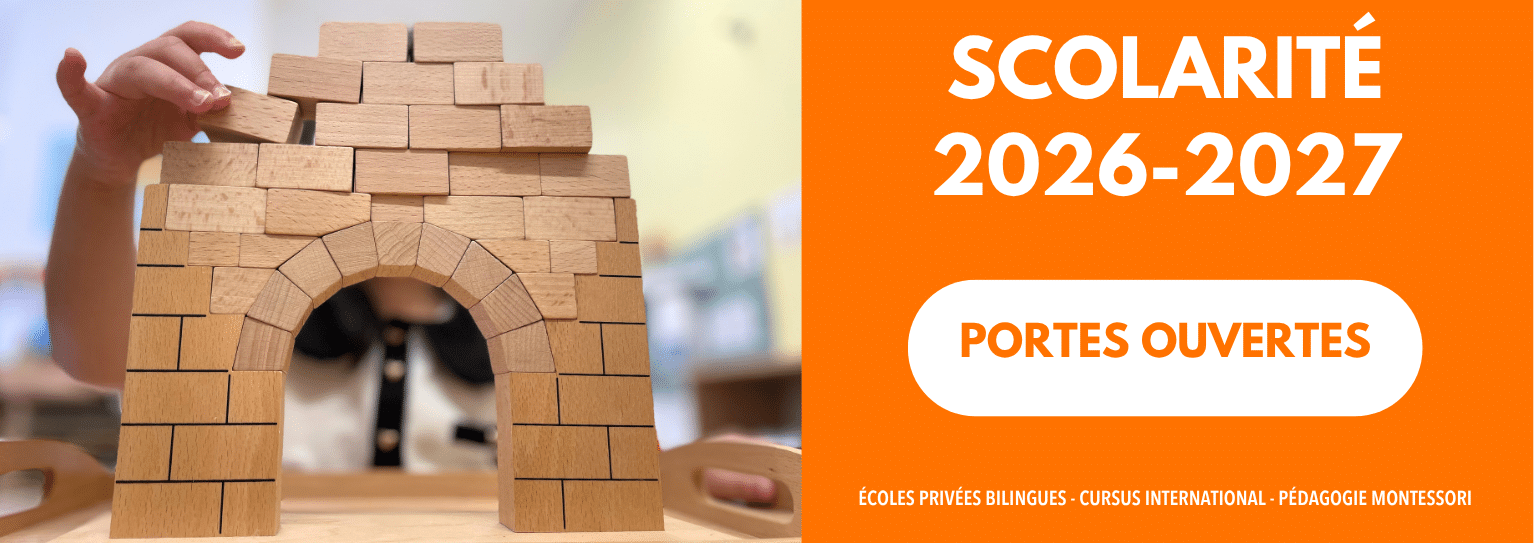The Impact of Bilingual Education on Child Development
Enriching education for children's future
In an increasingly connected world, bilingual education offers a valuable opportunity to develop children's potential while meeting the expectations of modern families. Numerous recent scientific studies demonstrate the considerable benefits of bilingualism on cognitive, social and emotional development.
Bilingualism and the brain: a winning combination
Researchers agree that bilingualism stimulates children's brains, fostering greater cognitive flexibility and problem-solving ability. By learning two languages from an early age, bilingual children develop multitasking and concentration skills superior to those of monolingual children. These positive effects extend to working memory and creativity, essential skills for the future. A study conducted by the University of Cambridge (link : https://www.cam.ac.uk) underlines these advantages.
Scientific proof: studies that speak for themselves
Studies carried out by leading universities show that bilingual children display better emotional regulation and more adapted social behavior. For example, research from the University of Toronto (link : https://www.utoronto.ca) revealed that children exposed to several languages develop greater social sensitivity. These benefits are attributed to exposure to multiple cultures and an increased understanding of linguistic nuances. The teaching teams at our bilingual schools in Paris (75 and 92) see these positive impacts in the classroom on a daily basis.
Convinced experts
According to child development experts, bilingual learning helps build students' self-esteem and confidence. Dr. Ellen Bialystok, a renowned cognitive psychologist, has published several studies on the benefits of bilingualism (link: https: lcad.lab.yorku.ca/). The acquisition of two languages enables them to feel at ease in diverse environments and to develop an open mind from an early age.
A clear impact on behavior
Children raised in a bilingual environment often demonstrate a greater ability to manage conflict and collaborate with their peers. By being constantly exposed to two languages, they learn to navigate between different communication systems, which fosters their empathy and understanding of others.
Conclusion: bilingual education, a wise choice
Choosing a bilingual school means giving your child a precious asset for his or her overall development. Bilingualism is more than just learning an additional language; it's a window on the world. For educators and parents motivated to support a child's development, bilingual education is an invaluable investment in the future.



